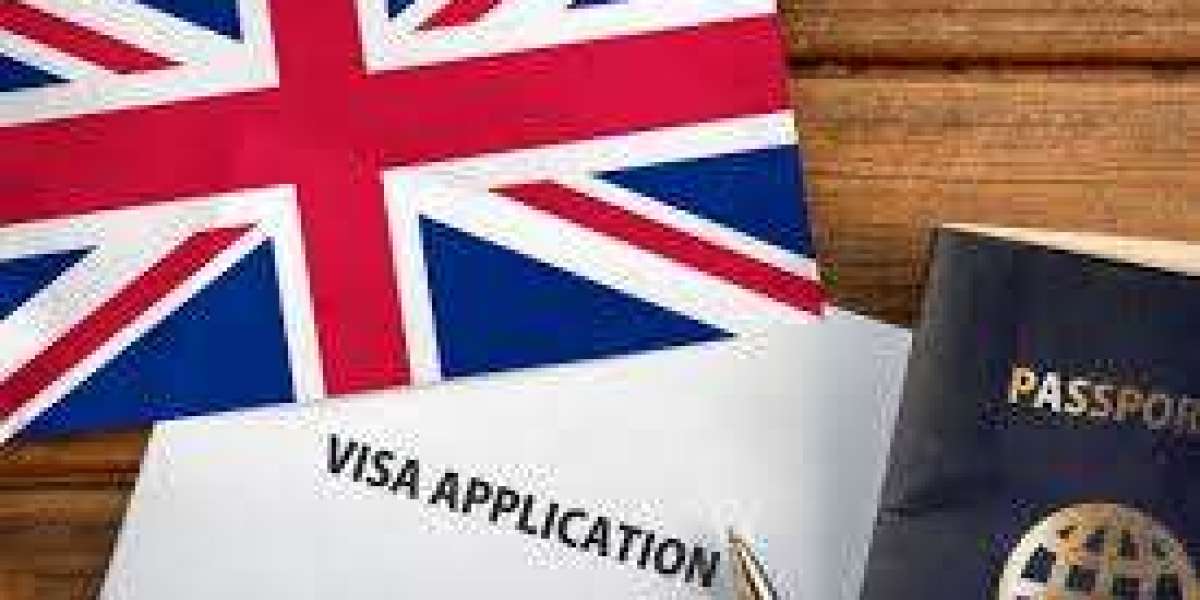Applying for a UK visa can be a complex process, and any mistakes or missing details can result in delays. To ensure a smooth and timely approval, it is important to understand common reasons for delays and take proactive steps to avoid them. In this guide, we will cover essential tips for avoiding delays in your UK Visa and Immigration application.
1. Choose the Correct Visa Type
Before you begin your application, ensure you are applying for the correct visa category. The UK offers various visa types, including:
Tourist Visa – For short-term visits.
Student Visa – For those pursuing education in the UK.
Work Visa – For skilled professionals.
Family Visa – For joining family members in the UK.
Business Visa – For entrepreneurs and investors.
Settlement Visa – For long-term residence.
Applying for the wrong visa type can cause delays or rejections. Check the official UK government website to confirm which visa suits your needs.
2. Gather All Required Documents
Missing or incorrect documents are a common cause of application delays. Ensure you have the following:
A valid passport
Proof of financial stability (bank statements, payslips)
Visa application form (fully completed and signed)
Sponsorship letters (if applicable)
Tuberculosis test results (if required for your country)
Proof of accommodation in the UK
CAS (Confirmation of Acceptance for Studies) for student visas
Certificate of Sponsorship (CoS) for work visas
3. Fill Out the Application Form Accurately
Errors in the visa application form can lead to processing delays or outright rejection. Double-check all information, including:
Personal details (name, date of birth, passport number)
Contact information
Travel history
Financial details
Mistakes, even minor ones, can trigger additional verification steps, causing delays.
4. Pay the Correct Fees
Every UK visa application requires a fee, which varies depending on the visa type and duration. Ensure you pay the correct amount to avoid delays. Check the latest fee structure on the official UK Visa and Immigration website.
5. Book and Attend Your Biometrics Appointment
As part of your application, you will need to schedule a biometric appointment at a visa application center. This includes fingerprinting and a photograph. Missing or rescheduling this appointment can significantly delay your application.
6. Submit an Organized Application
A disorganized application can slow down processing. Follow these steps:
Arrange documents in the required order.
Ensure all copies are clear and legible.
Label supporting documents properly.
7. Use Priority or Super Priority Services
If you need a quicker decision, consider using:
Priority Service – Processes applications within 5 working days.
Super Priority Service – Provides a decision within 24 hours.
These services are available for certain visa types and require an additional fee.
8. Avoid Last-Minute Applications
Applying too close to your intended travel date increases the risk of delays. Standard processing times vary, so apply well in advance. Typical processing times include:
Tourist Visa – 3 to 4 weeks
Work Visa – 8 weeks
Student Visa – 3 to 4 weeks
Family Visa – 12 to 24 weeks
9. Check for Additional Requirements Based on Your Country
Some applicants may need additional documents or approvals based on their country of residence. Check for:
English language proficiency tests
Police clearance certificates
Additional financial proofs
10. Monitor Your Application Status
After submitting your application, regularly check its status online. If additional documents are requested, provide them promptly to avoid further delays.
11. Seek Professional Help if Needed
If you are unsure about any part of the application, consider consulting a qualified immigration lawyer or advisor. They can guide you through complex requirements and reduce the risk of delays.
Conclusion
Avoiding delays in your UK Visa and Immigration application requires careful preparation, accuracy, and timely submission. By ensuring all documents are in order, selecting the right visa type, and monitoring your application status, you can improve your chances of a smooth approval process. Proper planning will help you avoid unnecessary stress and get your visa decision as quickly as possible.



